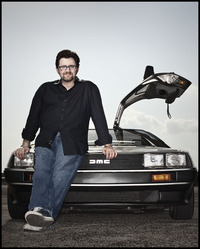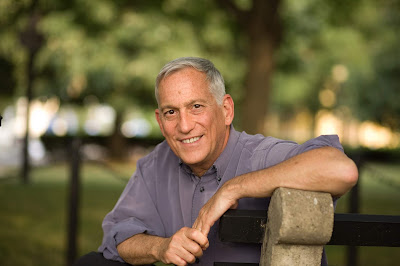However, people are people and they have the same troubles and desires we do today. And that's what makes the whole Expanse series so compelling for me. Sure, there is an alien baddie. But humans used it, without understanding what it was, for their own desires; money & power. The classic corrupters.
David Draper is a young student trying to get through a tough patch in school to get a good placement in university. His aunt is ex-marine Bobby Draper, an important character in the previous novel, Caliban's War.
Somehow, he got tied up with a dangerous drug dealer by cooking the drugs he sells. David falls for the drug dealer's girl, Leelee. She gets in trouble and David tries to help.
This book is much like a tie-in novel or fan fic, but provided by the authors themselves. It expands The Expanse, if you will. It is an excellent story and fills in the gaps between Book 3 and Book 4.
I would love to see the spread sheet the authors must have had to create before writing a word.
Well worth the effort to read this story.








































